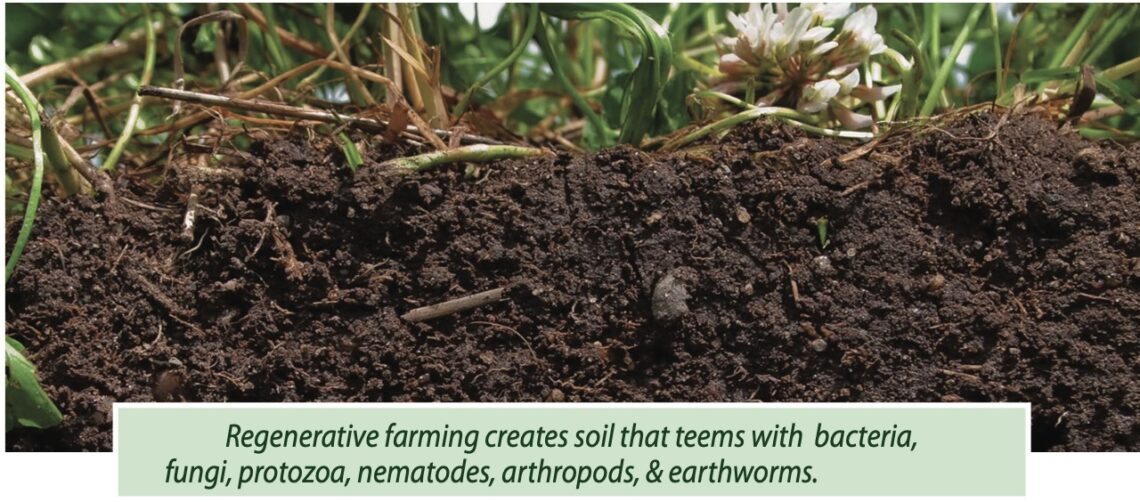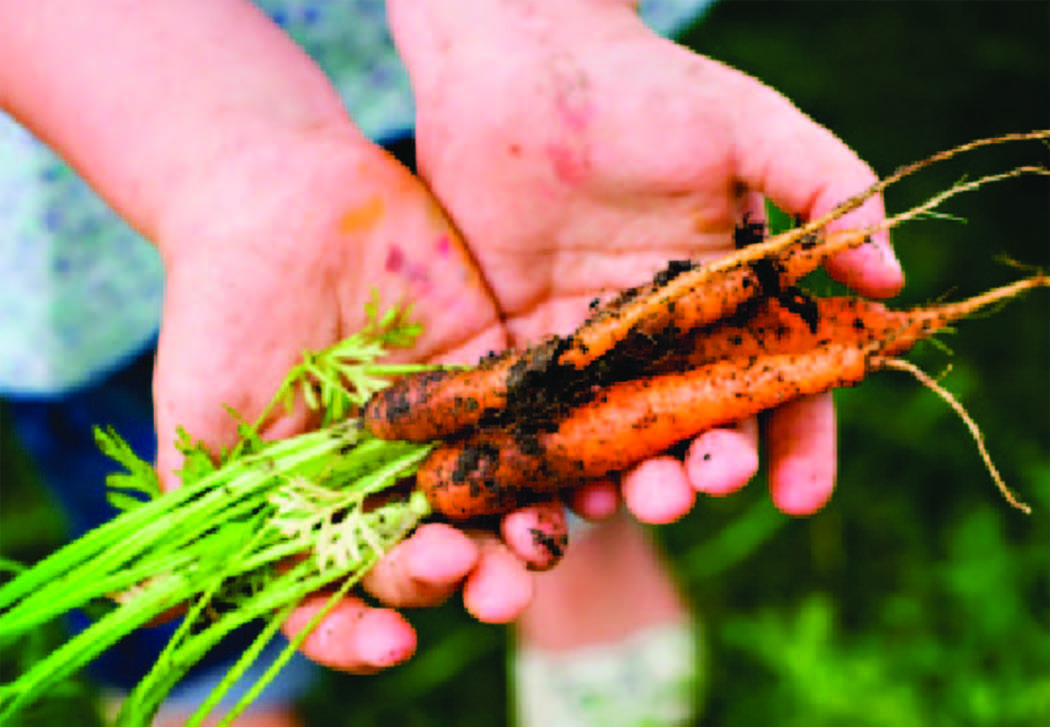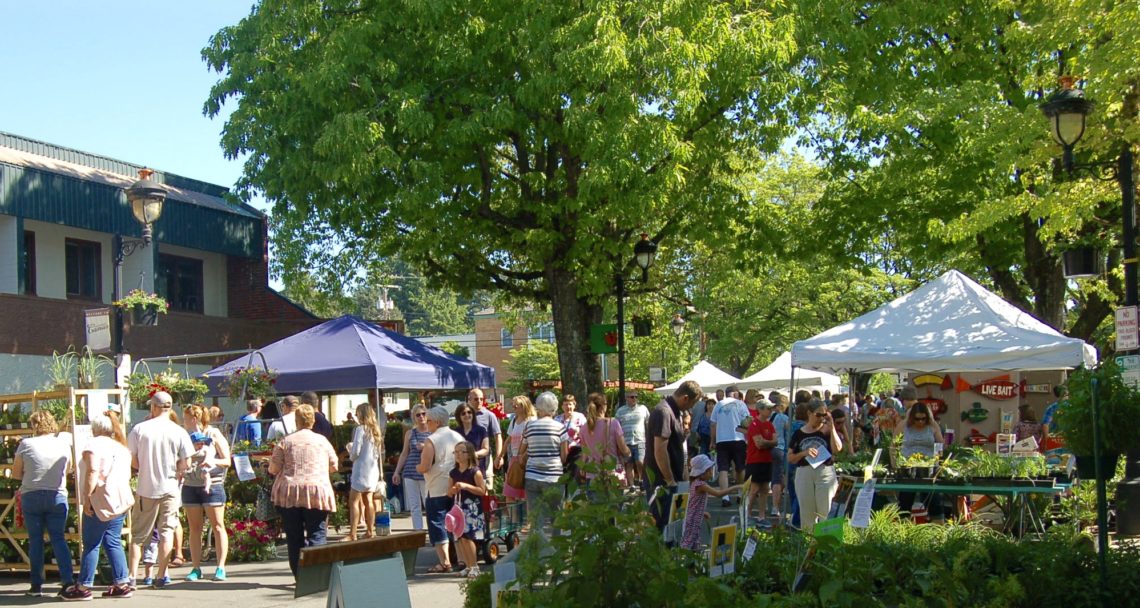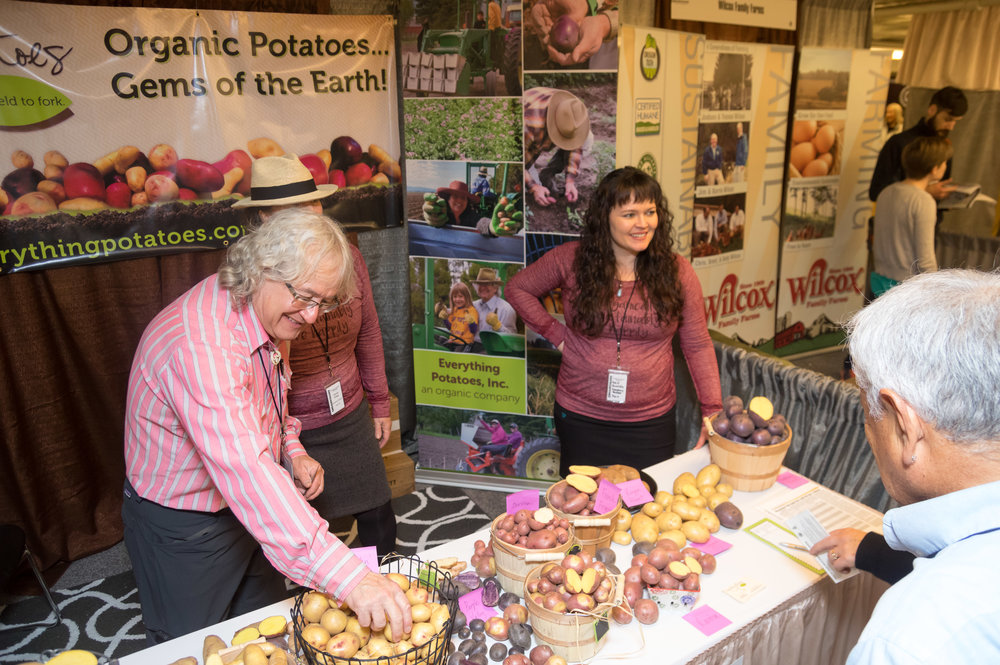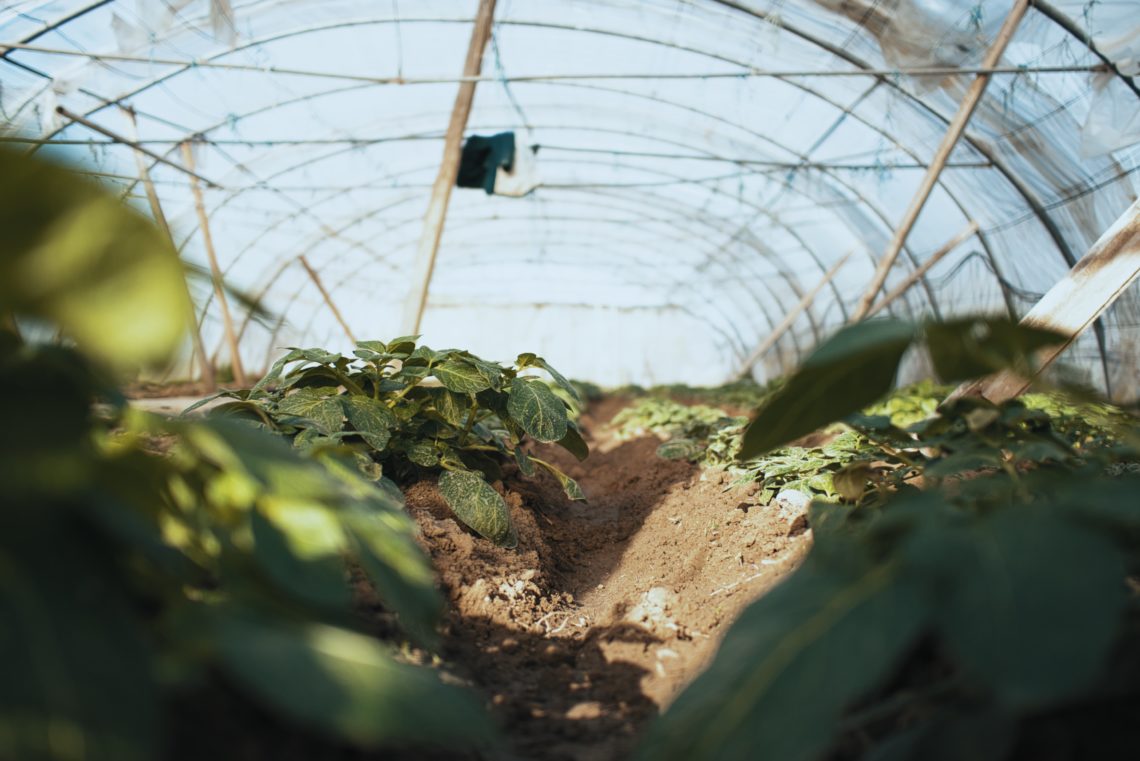Cocacao, Twelve Chocolatey Bites of Paradise, is a coconut and cacao confection made from three organic ingredients. All products are vegan, gluten-free, soy-free, and has a low glycemic sweetener. Cocacao is now certified organic. “We have been working on it for a while, and now we have done it. We also changed our packaging and removed all plastic.” Because of this, you can now find Cocacao in the refrigerated sections of your favorite stores. Chosen as one of the Beaverton Startup Challenge winners through the Oregon Technology Business Center. They are using this opportunity to raise funding to spread Cocacao across the nation Try their new flavor, Cayenne and Cinnamon.…
-
-
The Climate Solution Right Under Our Feet
Regenerative farming practices— such as composting, incorporating animal grazing, diversifying crops—prioritize soil health. Fertile soil stores more carbon. This sequestration solution is not just for agriculture. A recent study found that better management of forests, grasslands, and soils in the United States could absorb as much as 21 percent of the country’s annual greenhouse gas emissions. There are a thousand ways to kneel and kiss the ground; there are a thousand ways to go home again. —Rumi The way to stop climate change might be buried in 300 square feet of earth in the Venice neighborhood of Los Angeles, amid kale and potatoes. A half- dozen city youth are digging…
-
Regenerative Agriculture
for the Herb [and Home] Garden More and more farmers are switching to Regenerative Agriculture principles. One main reason for the switch is to take better care of topsoil, so less carbon is released into the atmosphere. The methods used increase soil water holding capacity, stop erosion, protect the purity of groundwater, and create conditions for more disease and pest-resilient crops. These worthwhile approaches to taking care of the planet can be incorporated on farms large or small, as well as home gardens. Maybe you are already using some of these practices but didn’t realize what an innovator you are. We do, and we’ve found that most of the methods…
-
The RE-Generation
During our class, Less is More: Getting to One Can of Garbage a Year, we talk about the three familiar Rs – Reduce, Reuse, and Recycle. After we discuss these three in order of importance, we ask folks to identify more Rs to move their thinking further upstream. Their suggestions include: Repurpose, Resist, Restore, Repair, Refuse, Reconnect, and Reimagine. Practicing any or all of these behaviors can rehabilitate our planet. Choose the actions that appeal to you and work them into your daily habits. We can all be part of the RE-Generation, no matter when we were born! Another R that is getting more attention now is Regenerate. According to Wikipedia, “the term “regenerative” describes processes…
-
Regenetarians Unite
Regenetarians United Can Change the World “The whole world is a garden, and what a wonderful place it would be if we each took care of our part of the Earth, our garden.” ~Voltaire As eaters, we are all farmers deciding what kind of farming system exists in the world that feeds us: our plate is our farm, our fork our pitchfork, our knife our slaughtering knife. One- third of the Earth’s surface is covered in arable farm and range- lands. Regenerative practices can restore soil health and organic matter relatively quickly, within five to ten years. If we each take responsibility for our section of the garden as consumers, at…
-
Worms:
A Solution for Improving Garden Soil & Saving the Planet Are you seeking a way to keep your garden plants healthy without harming the environment? Conventional fertilizers aren’t going to cut it, as they pollute the planet and don’t provide long-term benefits. A better option is to create fertilizer at home with worms by setting up a personal vermicompost that turns your wasted food scraps in plant energy. Why is homemade worm compost so beneficial? It adds essential nutrients back into the soil, plus worms have the potential to make it easier to reduce your household trash. And, as you’ll learn next, that’s no small matter. Compost: Reducing Waste One…
-
Top 5 Organic Gardening Tips
THE ORGANIC CENTER 1. Choose organic seeds Organic seeds are harvested from certified organic crops and therefore are not treated with fungicides like most conventional seeds. Without the application of synthetic pesticides and fertilizers, organic plants rely more on their own defense systems when battling pests and diseases and grow deep roots to extract nutrients from the soil. Plants grown from organic seed are typically stronger and more adapted to thrive and grow under organic gardening practices. 2. Fertilize your soil by using organic compost and manure Common non-organic garden fertilizers, found at your local garden and home store, may contain ammonium phosphate and other synthetic chemicals. These synthetic fertilizers…
-
Camas Plant and Garden Fair
Everything for your yard and garden! Held the day before Mother’s Day each year
-
Organicology Conference 2019
February 14- 16 2019 - The organic food and agriculture community will come together for the sixth biennial ORGANICOLOGY conference, considered to be the largest gathering for organic farmers, activists, policy experts, educators, retailers and sustainable organizations in the Pacific Northwest.
-
Victory Gardener’s Almanack for the month of August
By August, the planting season is nearly over and the yard and garden are in harvest and maintenance mode. Take time to sit, relax and enjoy the produce you have fostered from your plot of this Earth.



